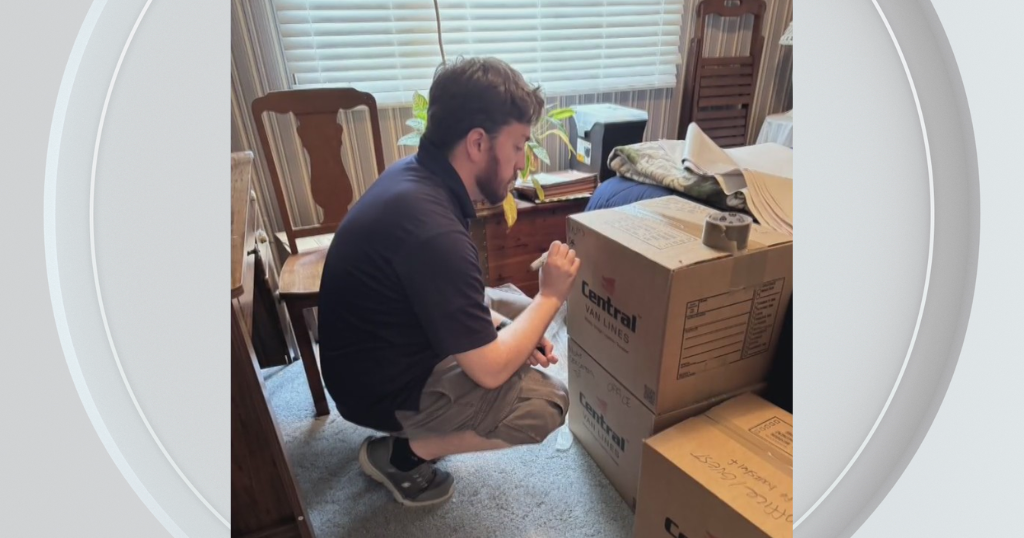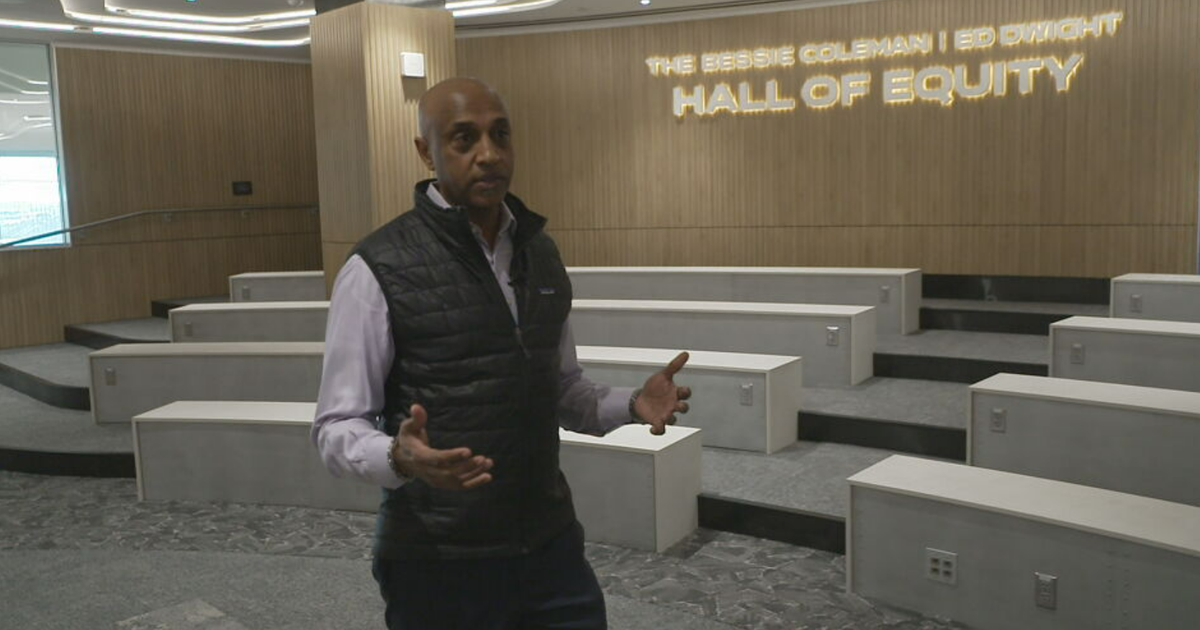Supes Approve Plans To Close San Jose's Reid-Hillview Airport In 2031
SAN JOSE (CBS SF) – The Santa Clara County Board of Supervisors approved plans to prepare for the closure of Reid-Hillview Airport when federal funds expire in a decade.
During its Tuesday meeting, the board voted 4-1 to move forward with closing the East San Jose airport and begin the long process of community outreach to determine how residents want to rezone the land.
At least 150 community members spoke at the meeting and shared their visions for repurposing the airport -- affordable housing, social services, educational resources and open space.
Since the airport is obligated to operate until 2031 because of a 2011 Federal Aviation Administration grant, the county has ample time and space to re-envision the nearly 80-year old airfield that sits at 180 acres.
To put its size in perspective, the entirety of San Jose State University's campus would only make up 47 percent of the plot.
"There will be a tremendous amount of community input as we begin the years-long land-use planning process. This is a long overdue opportunity for residents in East San Jose to voice their aspirations on what the needs are for the 180 acres moving forward, including everything from affordable housing to recreation to schools," Board of Supervisors president Cindy Chavez said.
During the past year, the county had done major community outreach for the Reid-Hillview Vision plan, including leading focus groups, large community workshops, and over a dozen neighborhood presentations.
But Chavez and Supervisor Dave Cortese have had their eye on repurposing the airfield since at least 2018 when they voted to stop taking Federal Aviation Administration grants -- noting that the land could be better utilized to support East San Jose residents.
East San Jose City Councilmembers Magdalena Carrasco, Maya Esparza and Sylvia Arenas said the airport has had a plethora of negative impacts on surrounding communities.
They pointed to recent U.S. Environmental Protection Agency reports that identified Reid-Hillview as the 25th-highest lead-emitting airport in the country with lead emissions from piston aircraft exceeding the National Ambient Air Quality Standards (NAAQS).
"The families in this community have, for generations, been put at risk and suffered from the pollution generated by Reid-Hillview," Arenas said in a news conference held Monday. "Lead is one of the most potent neurotoxins that affect children and today we can say without any question Hillview is putting dangerous levels of lead into the air and children."
In fact, 95122, the ZIP code of the airport and surrounding neighborhoods, is one of the top 200 ZIP codes for lead poisoning among children in the state, according to the California Department of Public Health.
"All these factors have impacted hypertension, obesity, diabetes and it has gotten worse over time," Gardner Health Services CEO Reymundo Espinoza said. "We have seen higher disparities in the Eastside and it's very important to begin addressing the social determinants of health like housing ... and that begins with repurposing the airport."
Alum Rock Union School District board member Andres Quintero said repurposing the airport, which grew in 1965 despite community and school district opposition, would "right a historical wrong."
The district passed a resolution a week prior standing firmly in support of closing the airport because of the lead-related health impacts, but also because of the noise pollution and community fears of plane accidents.
But despite the 100 letters of support from various neighborhood associations -- one which had more than 60 signatures by community leaders, not all residents are on the same page.
Jay Botelo, a former Cal Fire engineer and his wife Tina live a block away from the airport and said they would be disappointed to see it close.
"My 14-year-old son watches the planes launch all the time and he loves it," Tina Botelo said. "It's a part of our lives. I used to take him when he was little and every year, they open up the airport for residents to come inside and look at the planes. We love that."
They also worry that the closures will impact the county's ability to respond to wildfires and other emergency situations.
"My main thing is the safety of the area right here, the Silicon Valley. I used to work for Cal Fire, and this was one of our main staging areas. When anything happens in Silicon Valley, we have this one," said Jay Botelo, whose family has been in East San Jose for decades. "This airport is faster for emergencies, it saves money, it's safer."
During the SCU Lightning Complex fires that burned in the county's east foothills in August, Cal Fire used the airport as a central hub where agencies made attack plans and helicopters refueled.
Supervisor Mike Wasserman, who was the lone dissenting voice about the airport closure plan, also worried that closing Reid-Hillview would clog San Jose Mineta International Airport.
"Reid-Hillview is a critical reliever airport for San Jose International airport ... that, once gone, can never be replaced. San Jose International has no capacity to expand, yet our region's population continues to grow," Wasserman said. "Let's identify the problems [with Reid-Hillview] and work to fix them."
The county will also have to deal with a lawsuit by prominent San Jose attorney Jim McManis, who is accusing the county of wasting $400,000 of taxpayer money to study alternatives and also left airport conditions to deteriorate, resulting in multiple safety hazards.
Currently, the airport services private aircrafts and San Jose State University aviation students. It is also used by two emergency response teams: Disaster Airlift Response Team (DART) and the Civil Air Patrol (CAP), who are not first responders and provide support as part of a larger regional network.
Santa Clara County firefighters, San Jose police and other first responders don't rely on the airport for emergency services and Cal Fire uses it around one to two times a year for wildfire response, county officials said.
Chavez said the decision is largely because of community outcry to close the airport.
"After being ignored for decades, the community was heard tonight," Chavez said.
The board will tackle the topic again early next year with a report due back on lead levels around the airport and how to mitigate dangers of lead poisoning in the community.
© Copyright 2020 CBS Broadcasting Inc. and Bay City News Service. All Rights Reserved. This material may not be published, broadcast, rewritten or redistributed.







